Being hesitant to call a plumber because you aren’t sure whether your situation qualifies as an emergency is understandable. You should never be afraid to ask for some help determining exactly how serious your situation is.
Putting off getting professional help when you have a plumbing concern can lead to much bigger problems, like extensive water damage. We’ve got five questions to ask yourself that will help you assess whether your problem is serious enough to warrant emergency plumbing service.

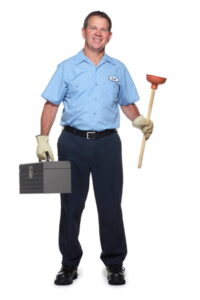

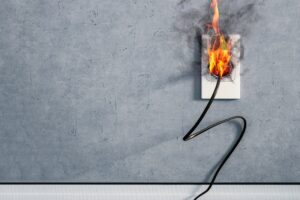
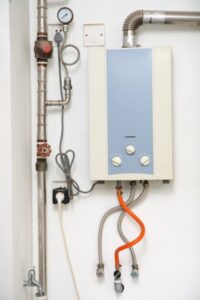
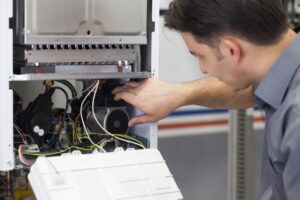
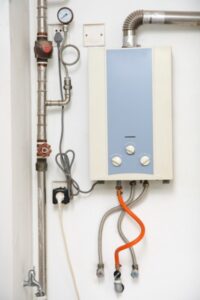
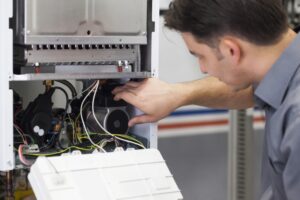
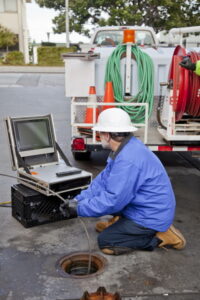
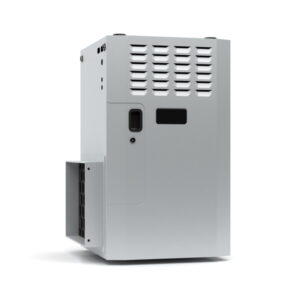
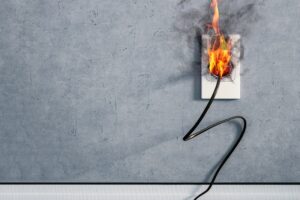 If you’re lucky, your electrical panel (sometimes called a circuit breaker panel) doesn’t often cross your mind. After all, in an ideal situation, nothing goes wrong and you never need to reset the breakers. But this panel plays a critical role in your home: it regulates the electrical system for your entire home, keeping you safe by shutting off power when necessary to areas where a safety hazard occurs.
If you’re lucky, your electrical panel (sometimes called a circuit breaker panel) doesn’t often cross your mind. After all, in an ideal situation, nothing goes wrong and you never need to reset the breakers. But this panel plays a critical role in your home: it regulates the electrical system for your entire home, keeping you safe by shutting off power when necessary to areas where a safety hazard occurs. 











